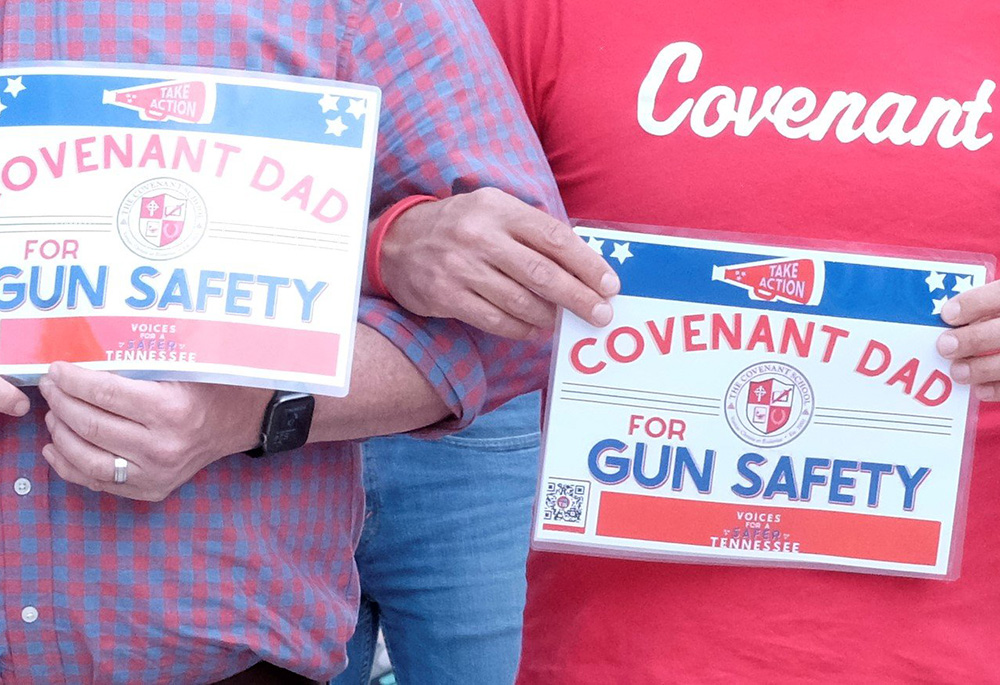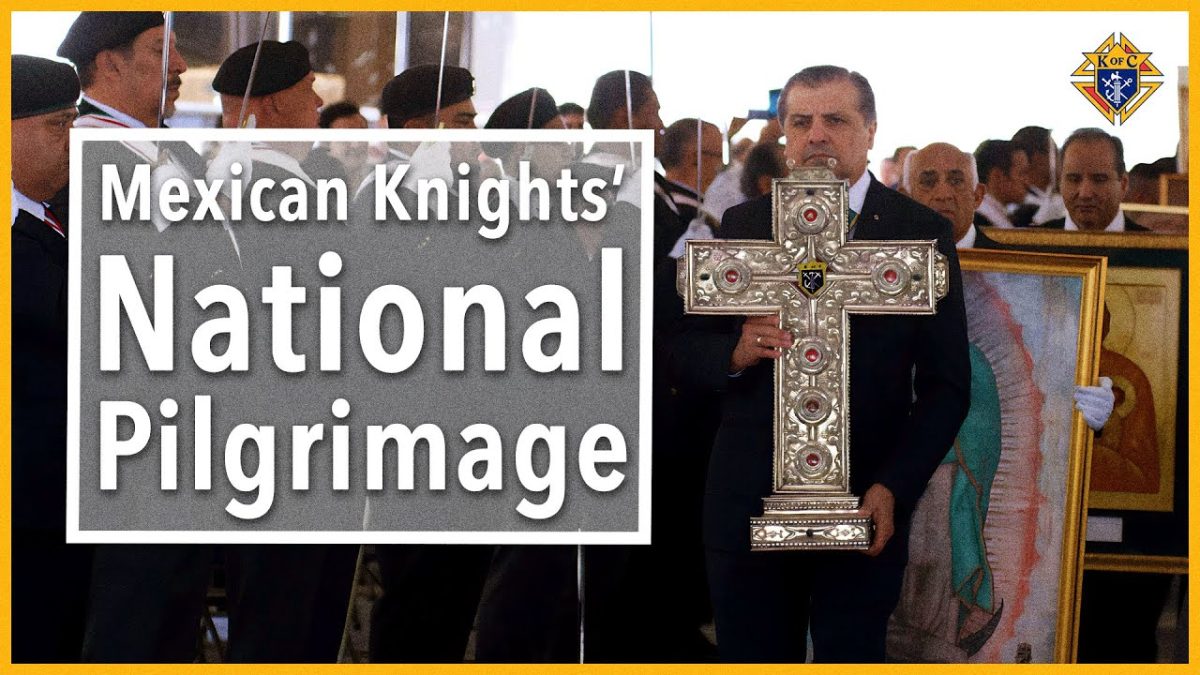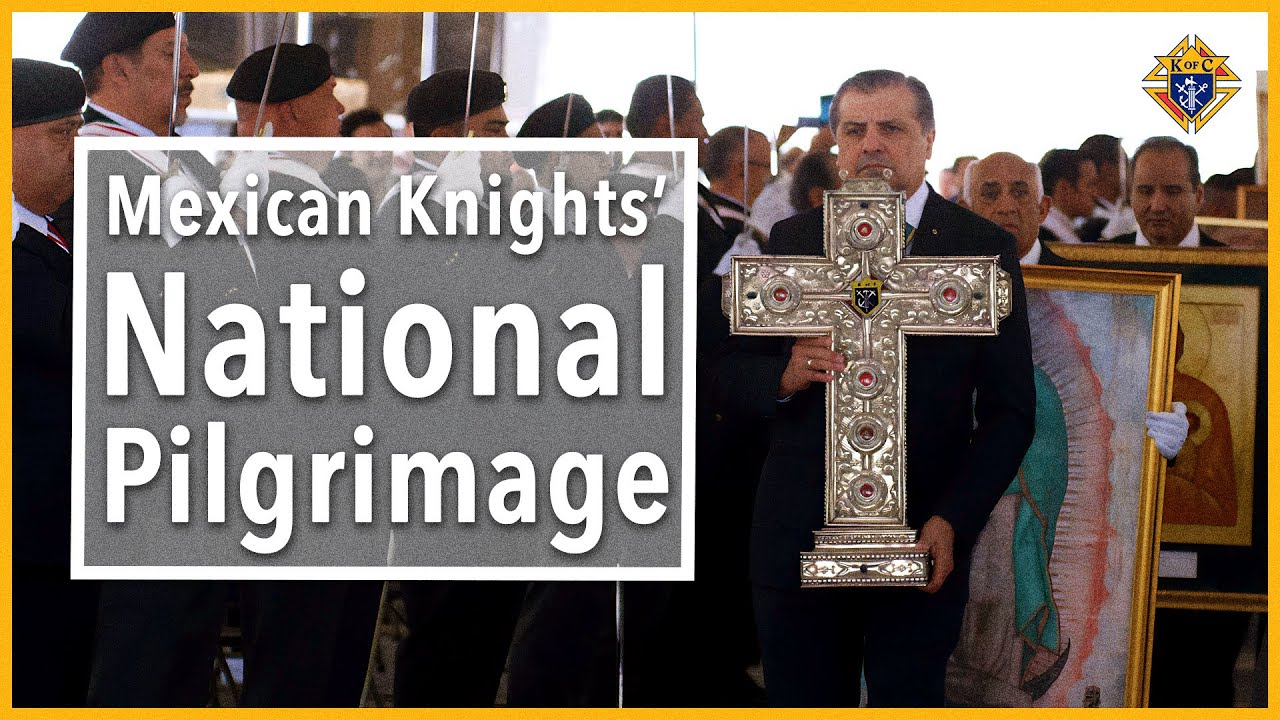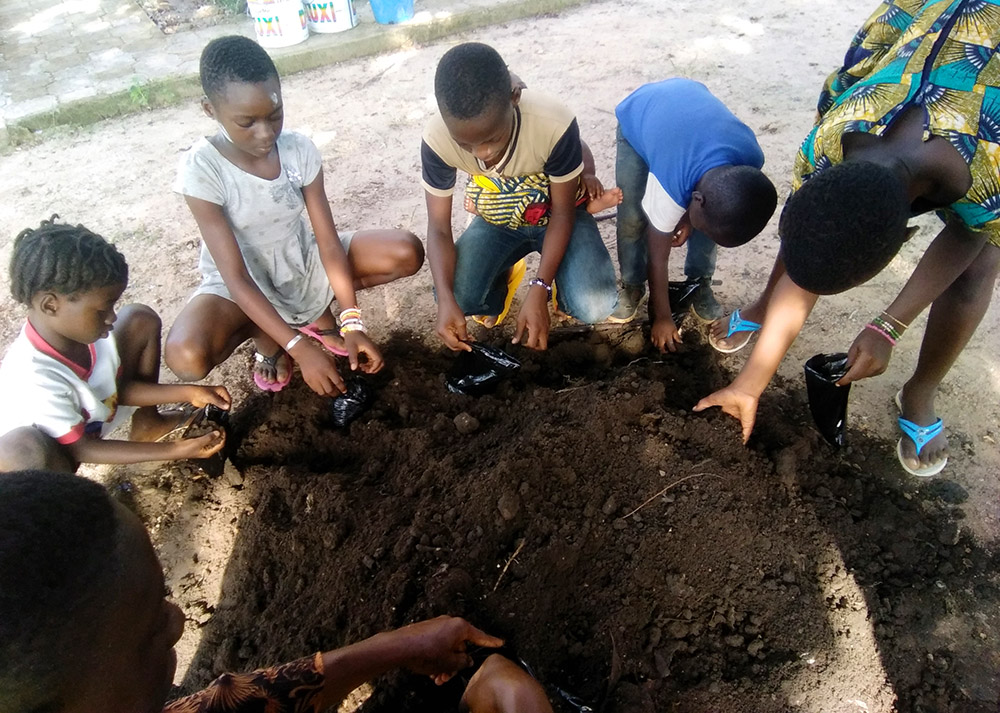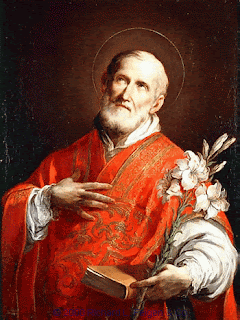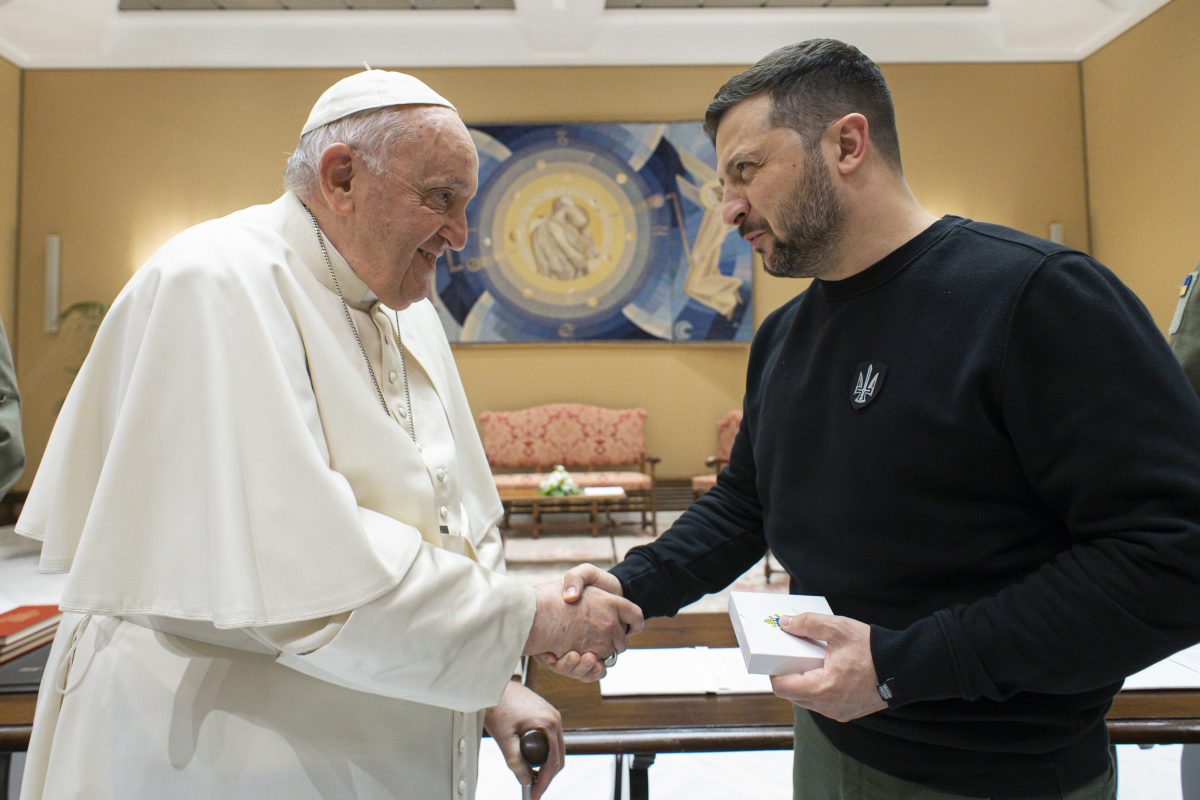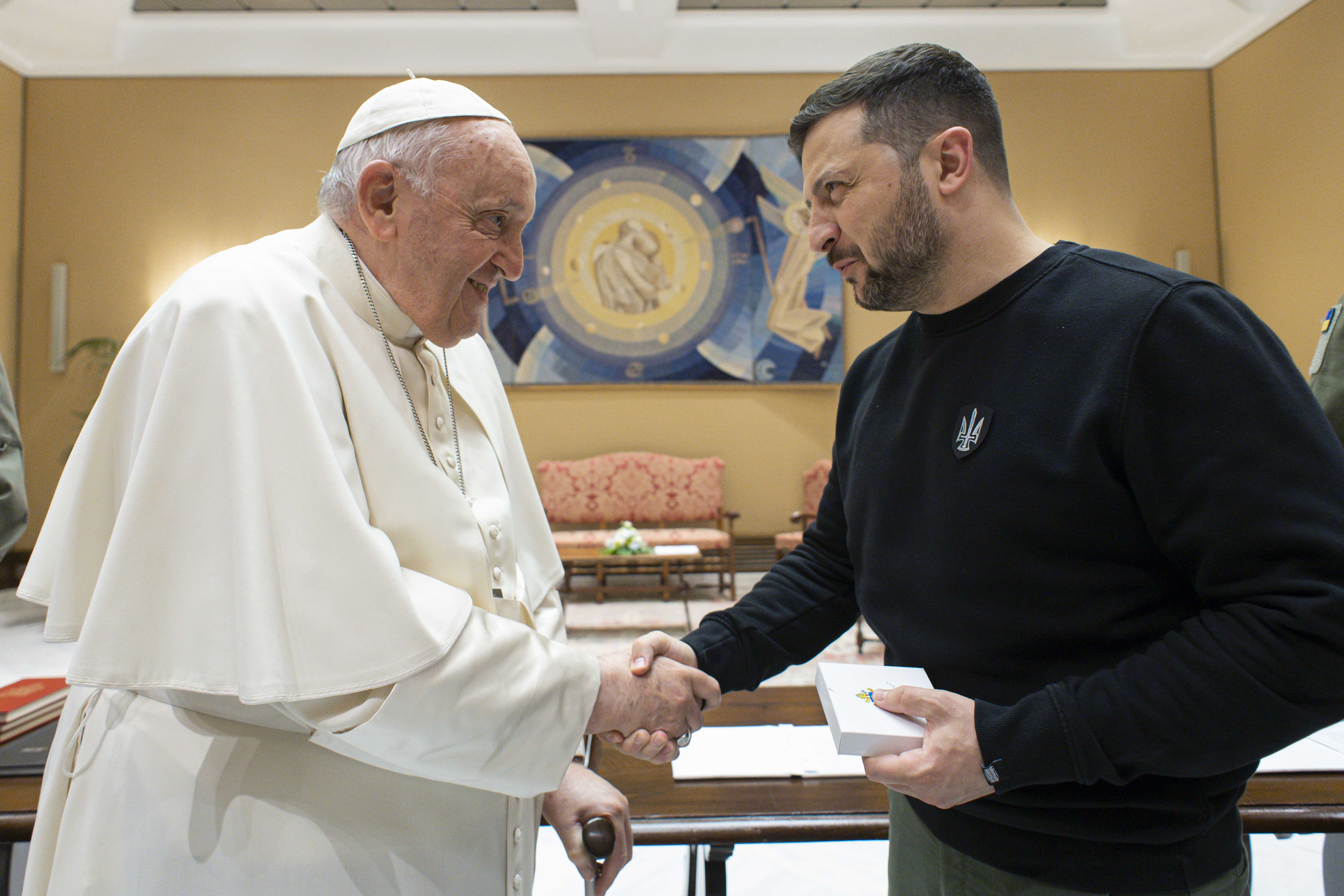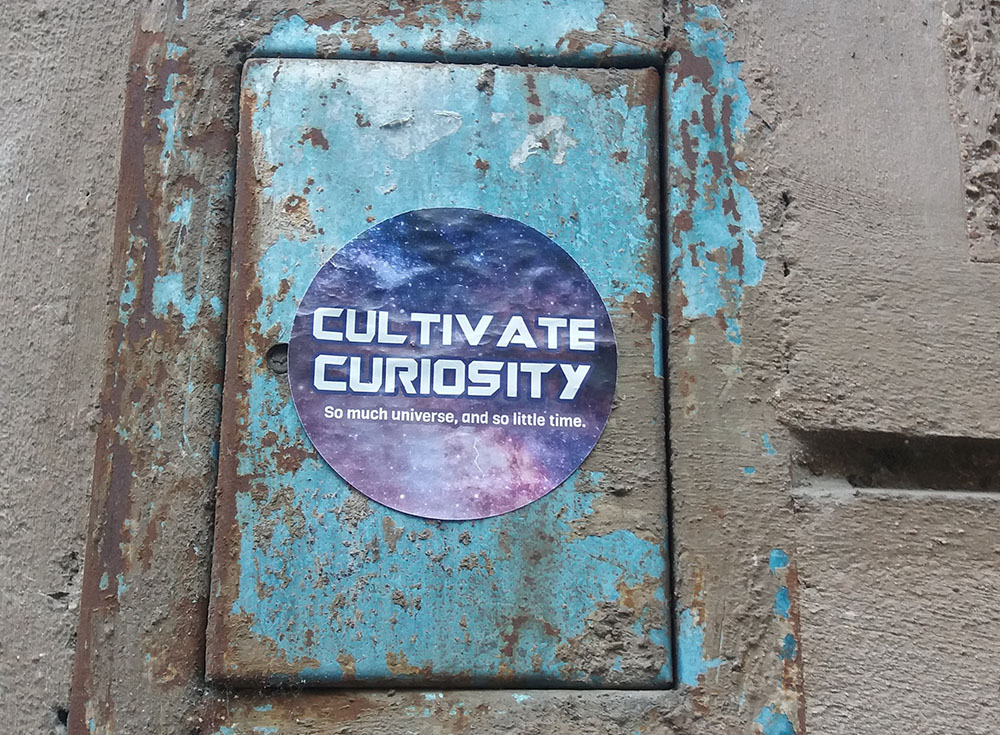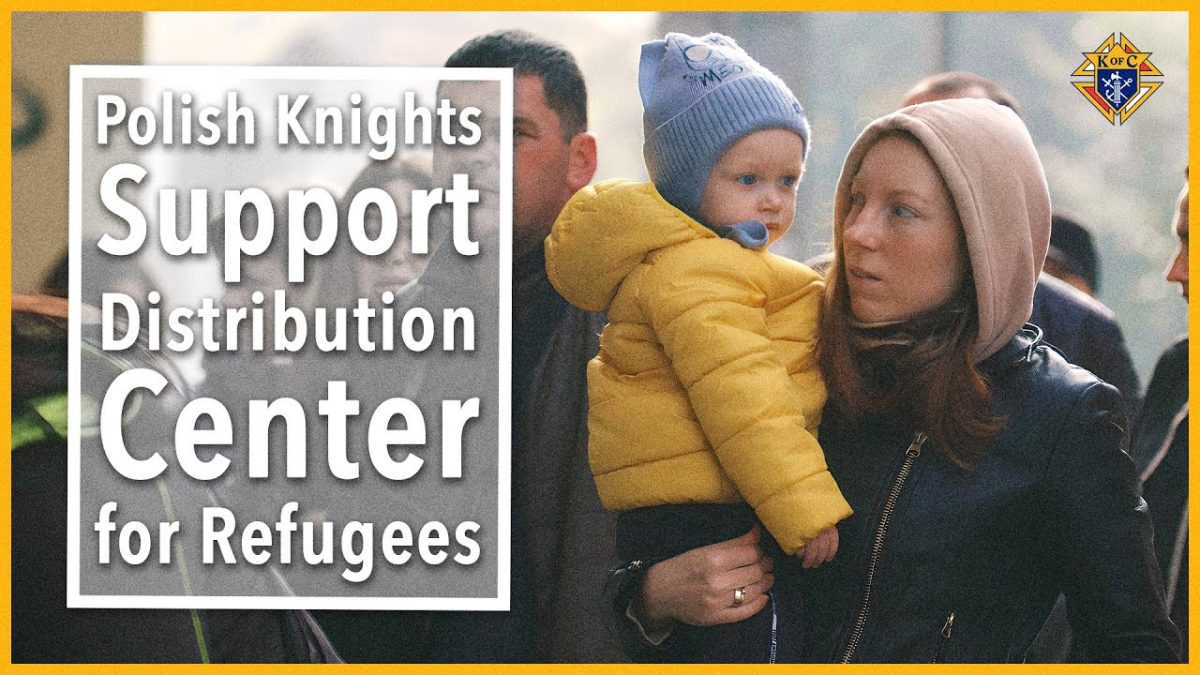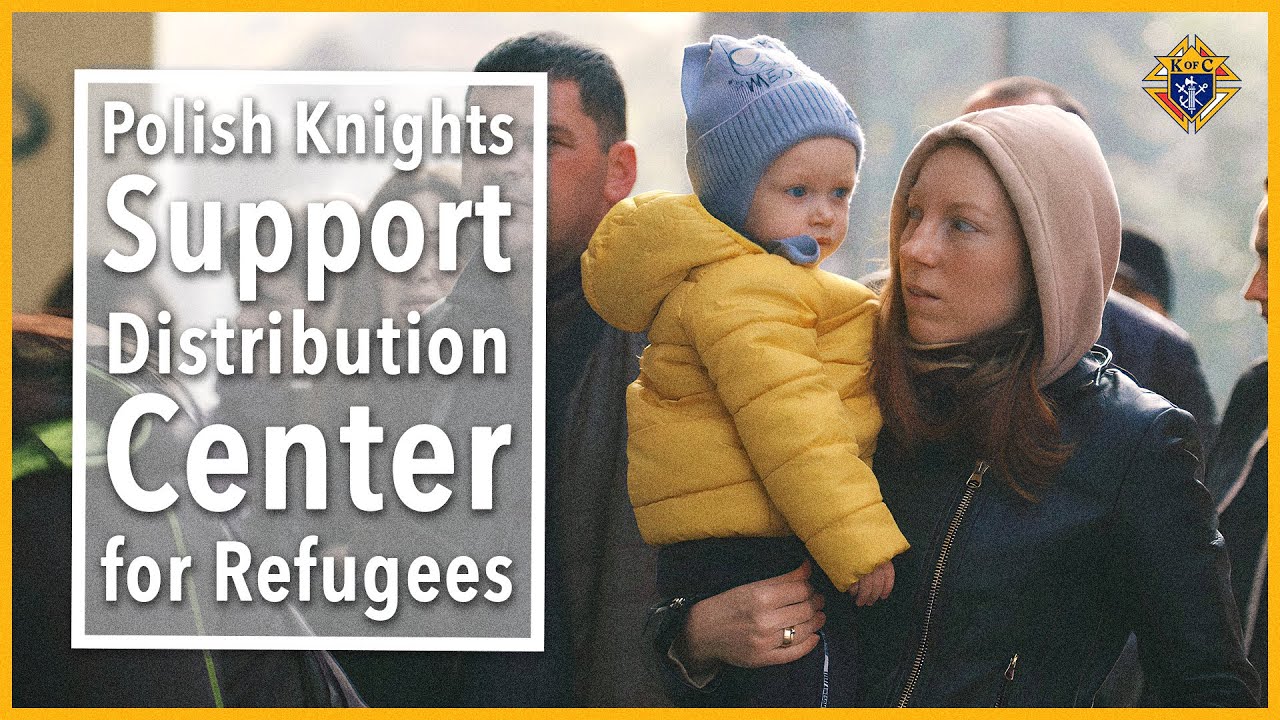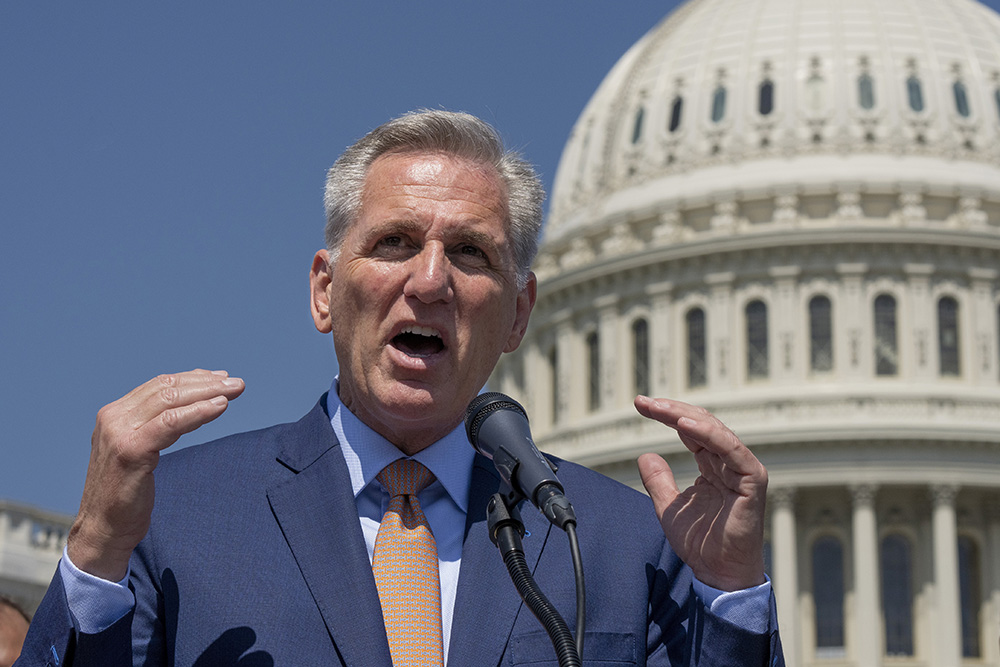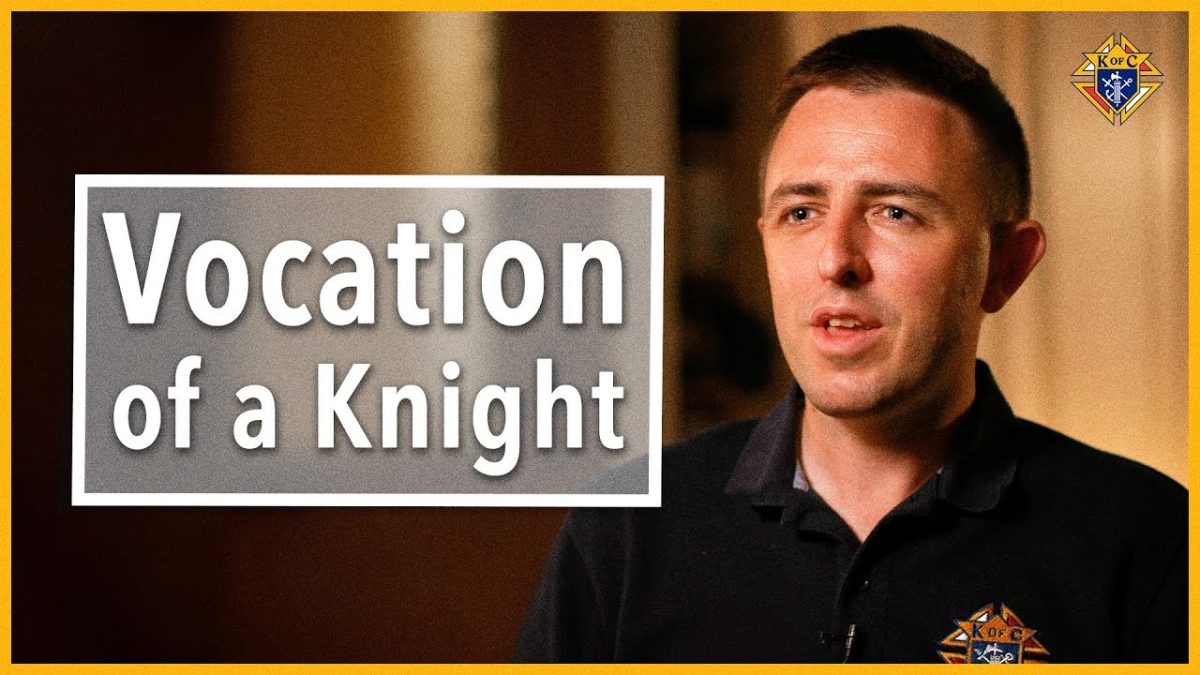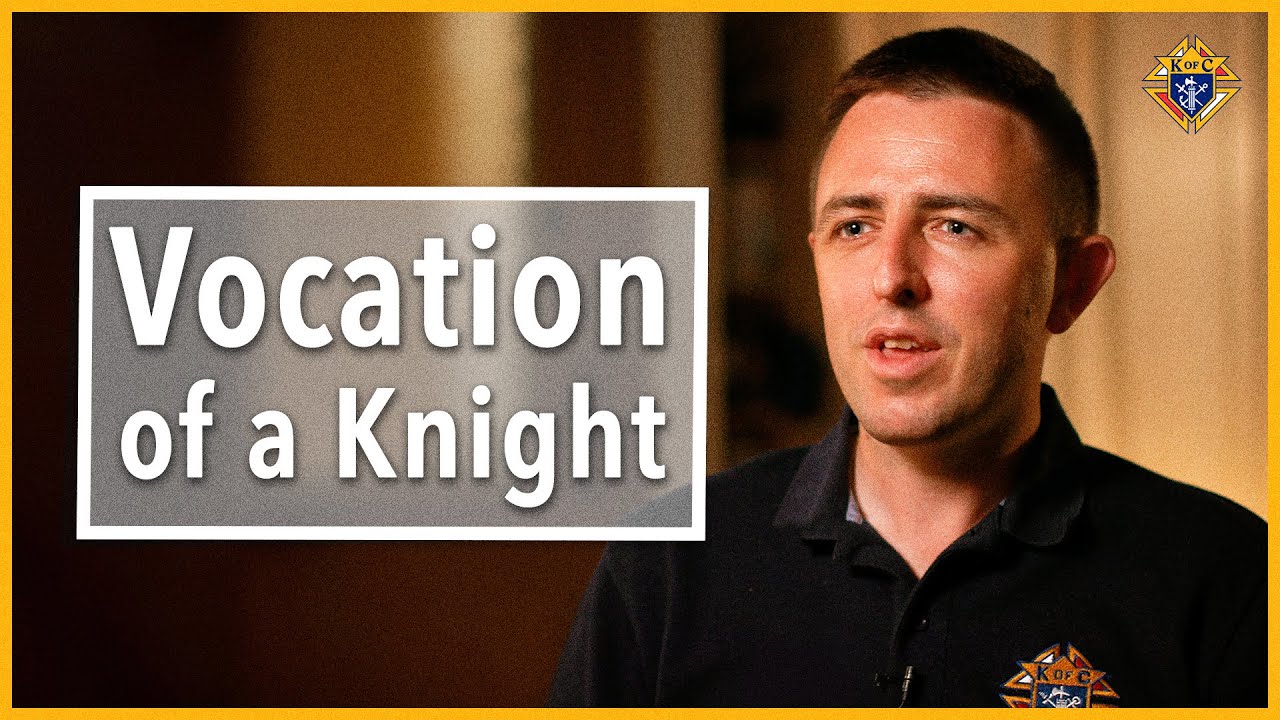
Are you, like many faithful Catholics, feeling politically homeless? Are you turned off by the social libertarianism of the left and by the authoritarian nationalism of the right? Are you uninspired by Joe Biden and fearful of Donald Trump? Are you thinking of a third party candidate?
Finally, there is an answer for this existential ennui. There is a new face, willing to throw his political hat into the ring, someone untainted by prior political involvement, someone whose views are not bound by the governing orthodoxy of either of the two major parties. Now, there is a third option, a different choice, a new voice.
Taylor Marshall, podcast host, sedevacantist and prominent conservative Catholic conspiracy theorist, has announced his candidacy for the presidency. According to his website, his podcast has 425,000 subscribers, making him one of the most watched Catholic podcasters in America.
The video in which he announces his candidacy is short and you won’t need any popcorn. I suggest not drinking while watching the video: Spitting up Dr. Pepper onto your laptop will destroy the electronics. Marshall’s platform is the « Christ the King platform. » While other GOP contenders debate at what stage in pregnancy to ban abortion, he gets to the root of the matter and advocates making contraception illegal.
« We need a Christian culture in America, » Marshall announces, a point on which I agree, but arguing « we don’t need strict separation of church and state » will need a bit more of an argument.
Hundreds of 2022 GOP candidates for different offices seconded Donald Trump’s claims that the 2020 election was stolen. Others equivocate. « What happened on Jan. 6 was not great. Does he [Trump] deserve to be impeached? Absolutely not. I don’t even think there’s a basis for impeachment, » said former South Carolina Gov. Nikki Haley. « They beat him up before he got into office. They’re beating him up after he leaves office. At some point, I mean, give the man a break. »
Only Taylor Marshall has the guts, the courage to do Trump one better. Not only was the 2020 election stolen by Biden, but the 1958 papal election may have been stolen by Pope John XXIII! Actually, it is not clear what variety of sedevacantism Marshall espouses. D.W. Lafferty, writing at Where Peter Is, reviewed Marshall’s book Infiltration: The Plot to Destroy the Church From Within, and points out that: « What gives him leeway to shape and twist his material into any shape he wants is that he hovers between constructing a narrative with human conspirators and a narrative that is driven by Satanic, demonic forces. There is no need to prove that so-and-so was actually a Freemason if, in the end, Freemasonry, Modernism, communism, and the Sankt Gallen Mafia are all manifestations of the same Satanic plot. »
Are you reaching for your checkbook to send Marshall’s campaign a check yet? Or are you a modernist or a Freemason!
Marshall’s platform may not have much to say about the debt ceiling, but he is very much opposed to receiving Communion in the hand. He is opposed to Protestantism because it rejects the papacy, but he also opposes the pope. Not sure how that works out. Marshall is more convinced that King Charles III is a « Globalist Antichrist. »
Turning to foreign affairs, Marshall’s views are deeply influenced by disgraced former nuncio Archbishop Carlo Maria Viganò. Marshall frets about the « deep state » and the « deep church » working together for a nefarious, globalist agenda. He allows that Russian President Vladimir Putin is a « criminal, cruel man who manipulates Christianity for money and power. » But he also objects to Volodymyr Zelenskyy, the president of Ukraine, and cites a tweet in which Zelenskyy said Canadian Prime Minister Justin Trudeau was an inspiration to him. According to Marshall, Trudeau is « an evil tyrant, who is destroying the Canadian people. »
There is a lot of talk about Our Lady of Fatima. Pity she would not be available to serve as secretary of state should Marshall win. Smart money is on Viganò emerging from retirement to return to the diplomatic hustings on Marshall’s behalf.
On the domestic front, a Marshall administration would find some cabinet positions easier to fill than others. Janet Smith, the nation’s foremost opponent of contraception, would be an obvious choice for secretary of health and human services, and Fr. James Altman of LaCrosse, Wisconsin, is a good bet to lead the Department of Justice, which is likely to be weaponized by any GOP president. Altman has been unafraid to call out « modernists, » and modernism, the « mother of all heresies, » is likely to be a major concern of Marshall’s administration.
Marshall likes doing media. He has appeared on Steve Bannon’s « War Room » and Glenn Beck’s podcast. He is a frequent guest at LifeSiteNews. Still, he will need a press secretary. Perhaps EWTN radio hosts Dan and Stephanie Burke, who interviewed Marshall when his book Infiltration came out, could serve as press secretaries jointly (h/t to Where Peter Is for that and many other tidbits of information regarding this sector in the Catholic conspiracy universe).
Cabinet appointments need to wait until after Dr. Marshall wins. One choice must be made in advance of the election, the choice of a running mate. The veep candidate must be someone endowed with profound spiritual insights into the complex moral issues of our day and also be familiar with modern means of communication. The obvious choice? Bishop Joseph Strickland of Tyler, Texas, who just last week shared with the world the fact that he had discerned Pope Francis was « undermining the Deposit of Faith. » How helpful would it be to President Marshall to have a vice president with such a finely tuned theological sensibility, especially if the apocalypse is really at hand.
Strickland would also help with another problem. Every president needs a retreat, a place where they can go to get away from the burdens of office. Strickland was part of the bishops’ panel at the 2019 Napa Institute gathering at Tim Busch’s swanky resort. I am sure Mr. Busch could be persuaded to erect a nice retreat cottage for President Marshall.
Marshall & Strickland in 2024. America needs them! No other candidates will make « reveal the fourth secret of Fatima » a leading campaign pledge! It is time to make America holy again! Onward Christian soldiers, marching as to war!
